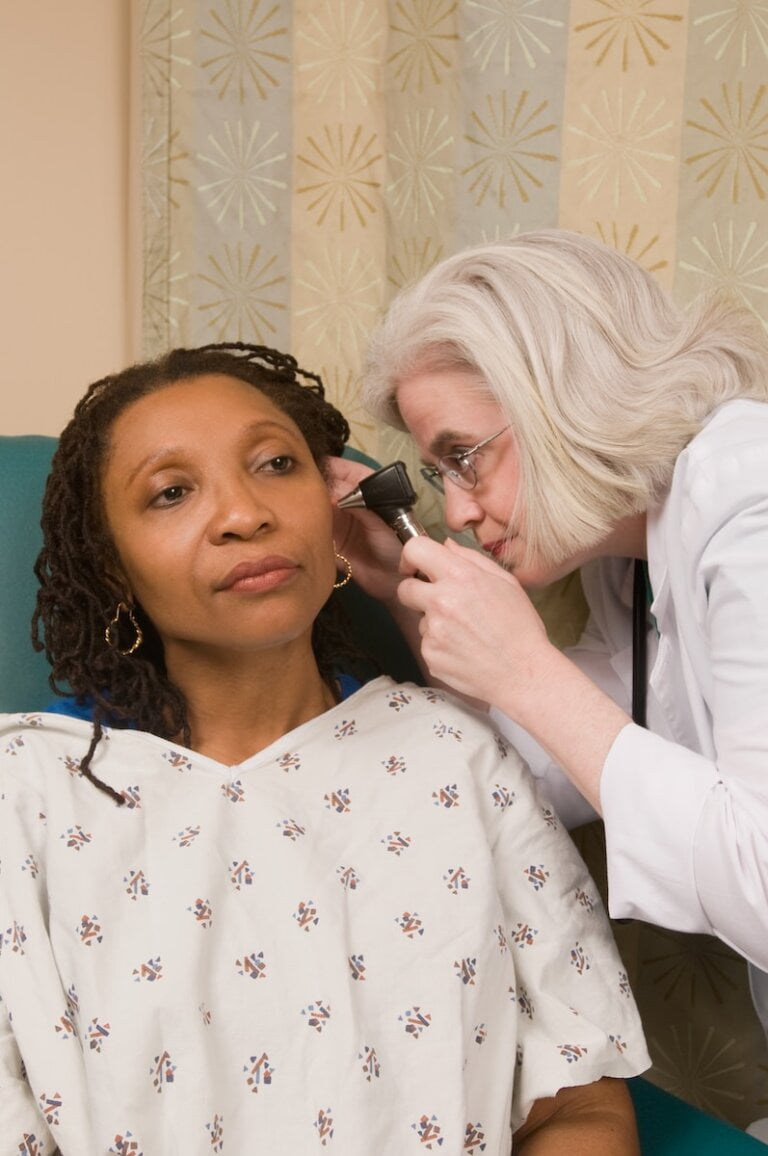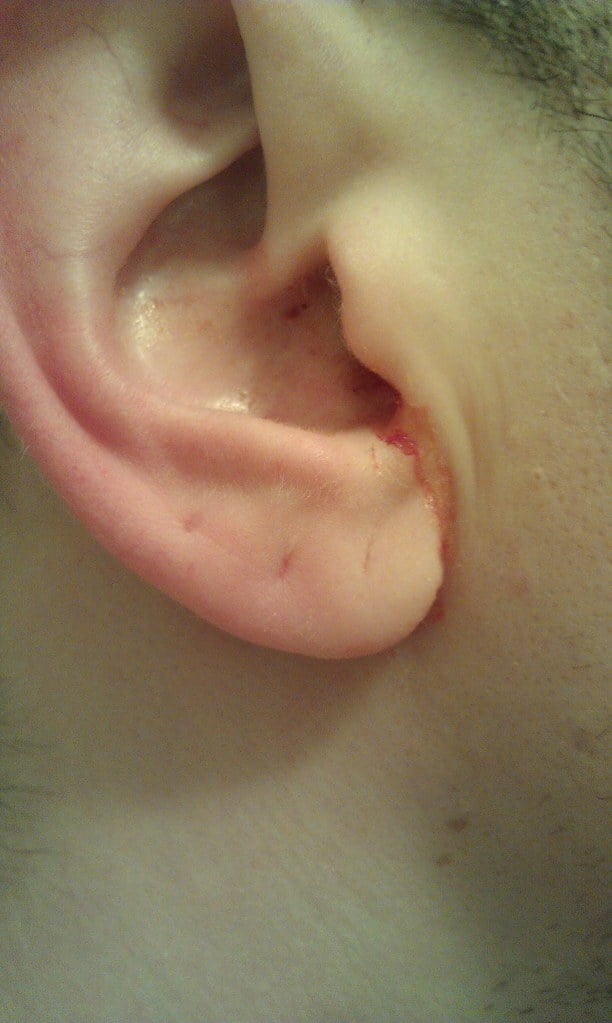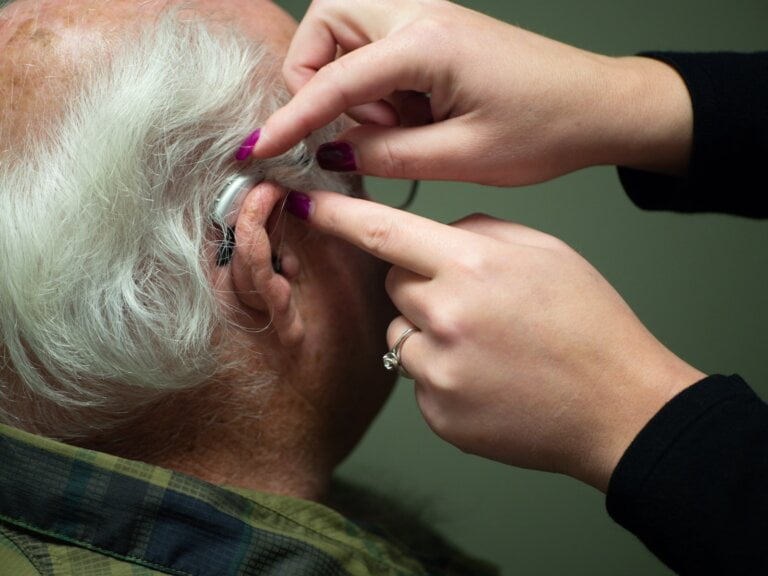Step into the Field: A Close Look at Entry Level Jobs in Microsuction
Last Updated on 3rd May 2024 by Admin
Microsuction is a specialized medical procedure used to remove excess earwax and other debris from the ear canal. With its growing popularity and effectiveness, the demand for professionals skilled in microsuction is on the rise. This article will provide an in-depth analysis of entry-level jobs in microsuction, exploring the necessary qualifications, job responsibilities, and career prospects.
Why Choose a Career in Microsuction?
Before delving into the entry-level jobs available in microsuction, it is essential to understand the reasons why this career path is worth considering. Here are some compelling reasons to choose a career in microsuction:
- Rising Demand: As the awareness about the benefits of microsuction increases, so does the demand for professionals trained in this procedure. This translates into a plethora of job opportunities and career growth potential.
-
With the increasing emphasis on ear health and the growing understanding of the risks associated with improper earwax removal techniques, more and more people are turning to microsuction as a safe and effective method. This surge in demand is expected to continue, ensuring a steady stream of job opportunities.
-
The aging population also contributes to the rising demand for microsuction services. As people age, they are more prone to experiencing earwax build-up, making the need for skilled professionals even more crucial.
- Job Security: Earwax build-up is a common problem faced by individuals of all ages. Therefore, the need for microsuction services is expected to remain steady, ensuring job security for professionals in this field.
-
Unlike many industries that are subject to economic fluctuations, the need for microsuction services is not directly affected by economic conditions. This provides a sense of stability and job security for those working in this field.
-
Moreover, the increasing awareness and importance of ear health ensure that the demand for microsuction services will continue to grow, further solidifying job security.
- Hands-on Approach: If you are passionate about providing immediate relief to patients, a career in microsuction allows you to make a tangible difference in their lives by alleviating their discomfort and improving their hearing.
-
Microsuction procedures can provide immediate relief to patients suffering from symptoms such as hearing loss, ear pain, and tinnitus caused by excessive earwax. Being able to witness the positive impact of your work firsthand can be incredibly rewarding and fulfilling.
-
Additionally, microsuction procedures often require close interaction with patients, allowing you to build relationships and provide personal care to individuals in need.
- Continual Learning: With advancements in medical technology, there is always something new to learn in the field of microsuction. As a professional, you will have the opportunity to stay up to date with the latest techniques and equipment, ensuring your skills remain relevant.
-
The field of microsuction is constantly evolving, with new technologies and techniques being developed to improve the effectiveness and safety of the procedure. By staying updated on these advancements, you can enhance your expertise and provide the best possible care to your patients.
-
Continuous learning also allows you to expand your knowledge beyond microsuction and explore related areas such as audiology, further broadening your career prospects and opportunities for growth.
Entry-Level Jobs in Microsuction
- Microsuction Assistant: As an entry-level position, the role of a microsuction assistant involves supporting the main practitioner during procedures. Responsibilities may include preparing the equipment, sterilizing instruments, maintaining cleanliness in the treatment room, and providing assistance to patients.
-
A microsuction assistant plays a vital role in ensuring the smooth operation of microsuction procedures. They assist the main practitioner by preparing the necessary equipment and ensuring it is properly sterilized to maintain a sterile environment.
-
Additionally, microsuction assistants are responsible for maintaining cleanliness in the treatment room, including disinfecting surfaces and organizing supplies. This level of attention to detail helps create a safe and comfortable environment for both the practitioner and the patient.
-
Another important aspect of the role is providing assistance to patients during the procedure, ensuring their comfort and well-being. This may involve explaining the process, answering any questions they may have, and addressing their concerns.
- Microsuction Technician: A microsuction technician performs the procedure under the supervision of a qualified practitioner. They are responsible for operating the equipment, inserting the microsuction probe into the patient’s ear safely, and ensuring a smooth and comfortable experience for the patient.
-
The role of a microsuction technician requires a high level of technical skill and precision. They must be proficient in operating the specialized equipment used for microsuction, ensuring accurate and effective removal of earwax and debris.
-
Safety is of utmost importance in microsuction procedures, and technicians must follow strict protocols to ensure the well-being of the patient. This includes proper insertion of the microsuction probe, monitoring the pressure applied during the procedure, and recognizing and addressing any complications that may arise.
-
Additionally, microsuction technicians need to have excellent communication skills to interact with patients, provide reassurance, and address any concerns they may have during the procedure.
- Microsuction Clinic Receptionist: A crucial role in any microsuction clinic, the receptionist is responsible for managing appointments, handling patient inquiries, and maintaining the clinic’s administrative tasks. This role requires excellent communication and organizational skills.
-
The receptionist is often the first point of contact for patients, and they play a significant role in creating a positive and welcoming environment. They are responsible for managing appointments, ensuring smooth scheduling, and addressing any inquiries or concerns patients may have.
-
Additionally, the receptionist handles administrative tasks such as maintaining patient records, managing billing and insurance claims, and coordinating with other healthcare professionals involved in the patient’s care. Strong organizational skills are essential to efficiently handle these responsibilities.
-
Excellent communication skills are also crucial for a microsuction clinic receptionist. They must be able to effectively communicate with patients, healthcare professionals, and colleagues to ensure the smooth operation of the clinic and provide exceptional customer service.
- Microsuction Sales Representative: Some clinics may also hire entry-level professionals as sales representatives. In this role, you will be responsible for promoting microsuction services, building relationships with potential clients, and contributing to the growth of the clinic.
-
As a microsuction sales representative, your primary focus will be on promoting the clinic’s services and attracting new clients. This involves developing and implementing sales strategies, conducting market research, and identifying potential target markets.
-
Building relationships with potential clients is a key aspect of the role. This may involve attending industry events, networking with healthcare professionals, and establishing partnerships with relevant organizations to increase awareness of the clinic’s services.
-
Additionally, microsuction sales representatives contribute to the growth of the clinic by analyzing market trends, identifying opportunities for expansion, and providing valuable feedback to the management team.
Qualifications and Training
While some entry-level positions in microsuction may require minimal qualifications, it is highly recommended to pursue relevant training and certifications to enhance your employability and career prospects. Here are some qualifications and training programs to consider:
- Medical Assistant Certification: Obtaining a medical assistant certification will provide you with a comprehensive understanding of medical procedures, infection control, patient care, and anatomy. This certification can significantly improve your chances of securing a job as a microsuction assistant or technician.
-
A medical assistant certification demonstrates your commitment to the field and validates your knowledge and skills in essential areas such as infection control and patient care. This qualification can make you a desirable candidate for entry-level positions in microsuction clinics.
-
Medical assistant training programs typically cover a wide range of topics, including medical terminology, anatomy, physiology, pharmacology, and clinical procedures. This comprehensive training equips you with the necessary knowledge and skills to excel in a clinical setting.
- Microsuction Training Courses: Many training institutions offer specialized courses in microsuction. These courses cover topics such as equipment handling, patient safety, and procedural techniques. Completing a microsuction training course will demonstrate your commitment to the field and make you a desirable candidate for entry-level jobs.
-
Microsuction training courses provide hands-on training in the specific techniques and equipment used in the procedure. This practical experience is invaluable in preparing you for the responsibilities of a microsuction assistant or technician.
-
Additionally, these courses often include theoretical components that cover relevant topics such as ear anatomy, common ear conditions, and infection control. This knowledge enhances your understanding of the procedure and enables you to provide optimal care to patients.
- Customer Service and Sales Training: If you are interested in pursuing a career as a microsuction sales representative or receptionist, completing customer service and sales training courses can equip you with the necessary skills to excel in these roles.
-
Customer service and sales training courses focus on developing effective communication skills, building relationships with clients, and understanding the sales process. These skills are essential for successfully promoting microsuction services and providing exceptional customer service.
-
Additionally, these courses often cover topics such as marketing strategies, negotiation techniques, and customer relationship management. This knowledge can be valuable in attracting new clients, fostering client loyalty, and contributing to the growth of the clinic.
Career Prospects and Growth Opportunities
Starting your career in microsuction can open doors to various growth opportunities within the field. Here are some potential career prospects and pathways to consider:
- Microsuction Practitioner: With experience and further training, you can progress to become a qualified microsuction practitioner. This role involves performing the procedure independently, diagnosing ear conditions, and providing personalized treatment plans for patients.
-
As a microsuction practitioner, you will have the autonomy to perform the procedure on your own, making clinical decisions based on your expertise and the patient’s specific needs. This level of responsibility allows you to have a direct impact on patient care and outcomes.
-
To become a microsuction practitioner, additional training and certifications may be required. This can include advanced courses in microsuction techniques, ear pathology, and diagnostic procedures. By continuously expanding your knowledge and skills, you can further enhance your career prospects in this field.
- Specialization in Audiology: If you develop a keen interest in audiology, you can expand your knowledge and skills by pursuing further education in this field. This could lead to career opportunities as an audiologist, where you will be involved in the assessment, diagnosis, and management of various hearing and balance disorders.
-
Audiologists play a crucial role in the broader field of ear health and hearing care. They are responsible for conducting comprehensive hearing evaluations, prescribing and fitting hearing aids, and providing rehabilitative services to individuals with hearing loss.
-
Pursuing specialization in audiology typically requires advanced education, such as a master’s or doctoral degree in audiology. This advanced training equips you with the necessary knowledge and skills to assess and manage a wide range of hearing and balance disorders.
- Clinic Management: As you gain experience in the field of microsuction, you may consider transitioning into a managerial role within a clinic or starting your own microsuction practice. This path allows you to have a broader impact on the field and leverage your skills to optimize clinic operations.
-
Clinic management involves overseeing the day-to-day operations of a microsuction clinic, including staff management, financial management, and quality assurance. This role requires strong leadership, organizational, and problem-solving skills.
-
By transitioning into a managerial role, you can contribute to the growth and success of the clinic by implementing efficient processes, enhancing the patient experience, and ensuring compliance with relevant regulations and standards.
- Research and Development: If you have a passion for innovation and advancing the field of microsuction, pursuing a career in research and development can be an exciting avenue. You can contribute to the development of new techniques, equipment, and treatment protocols, shaping the future of microsuction.
-
Research and development in microsuction involve conducting studies, clinical trials, and experiments to improve existing techniques, develop new instruments, and explore potential applications of microsuction in various clinical settings.
-
This career path often requires advanced education, such as a master’s or doctoral degree, and a strong background in research methodology. By collaborating with other researchers and healthcare professionals, you can contribute to the advancement of the field and play a role in shaping its future.
Conclusion
As the demand for microsuction services continues to grow, entry-level jobs in this field offer a promising career path. Whether you choose to start as a microsuction assistant, technician, receptionist, or sales representative, there are ample opportunities for growth and specialization. By pursuing the necessary qualifications and training, you can position yourself as a competitive candidate and embark on a rewarding career in microsuction. So, step into the field and explore the world of microsuction, where you can make a positive impact on the lives of many individuals.
FAQ
- Why choose a career in microsuction?
- There is a rising demand for professionals skilled in microsuction.
- Job security is high in this field due to the common problem of earwax build-up.
- Microsuction allows for a hands-on approach and immediate relief for patients.
- Continuous learning opportunities exist to stay up to date with advancements in the field.
- What are the entry-level jobs in microsuction?
- Microsuction Assistant: Supports the main practitioner during procedures.
- Microsuction Technician: Performs the procedure under supervision.
- Microsuction Clinic Receptionist: Manages appointments and administrative tasks.
- Microsuction Sales Representative: Promotes microsuction services and contributes to clinic growth.
- What qualifications and training are recommended for entry-level jobs in microsuction?
- Medical Assistant Certification: Provides comprehensive knowledge and skills in medical procedures and patient care.
- Microsuction Training Courses: Specialized training in equipment handling and procedural techniques.
- Customer Service and Sales Training: Develops effective communication and sales skills.
- What are the career prospects and growth opportunities in microsuction?
- Microsuction Practitioner: Perform procedures independently and provide personalized treatment plans.
- Specialization in Audiology: Assess and manage hearing and balance disorders.
- Clinic Management: Oversee clinic operations and optimize patient experience.
- Research and Development: Contribute to the advancement of microsuction techniques and equipment.







